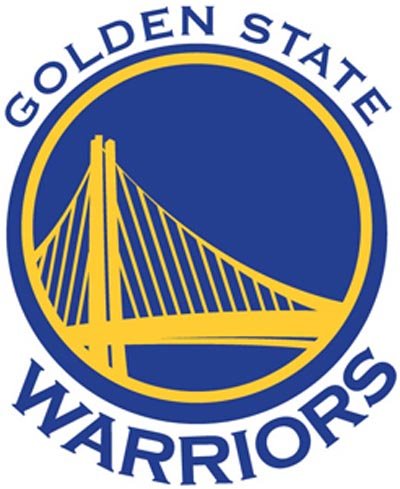The Golden State Warriors’ recompense for trading guard Monta Ellis – who returns to Oracle Arena on Friday night as a Milwaukee Buck – is now a little sweeter.
Hours before Thursday’s noon trade deadline, the Warriors used a piece they acquired from Milwaukee in the Ellis trade, swingman Stephen Jackson, to land a conditional first-round pick in the 2012 NBA draft. Golden State sent Jackson to San Antonio for the Spurs’ first-rounder, small forward Richard Jefferson and the expiring contract of point guard T.J. Ford.
Winding up with a starting center for the future (Andrew Bogut) and a first-round draft pick makes the departures of Ellis and second-year big man Ekpe Udoh go down more smoothly for Golden State.
“We’ve changed the organization,” general manager Larry Riley said. “We’ve changed the Warriors organization in terms of the way we do business and our roster.”
The draft pick the Warriors acquired is lottery protected, according to a team source. That means the Warriors will get San Antonio’s first-round pick unless the Spurs fail to make the playoffs. Currently, the Spurs (28-13) have the second-best record in the Western Conference and arguably got better by upgrading at small forward with Jackson, who won an NBA title with San Antonio in 2003.
Based on the standings entering Thursday, Golden State would have the 27th pick in the draft.
The Warriors also announced Thursday they bought a second-round pick from Atlanta. Golden State will receive the lower of two second round picks _ either the Hawks’ pick or the Phoenix Suns’ pick, which is owned by Atlanta. Riley said the Warriors will look at moving up in the draft.
For the longest time it looked as if the Warriors wouldn’t have a pick. Golden State’s 2012 selection was traded to New Jersey in 2008 for long-gone point guard Marcus Williams and now belongs to Utah. The only way the Warriors’ keep their pick, based on a condition in the trade, is if it is among the top seven.
That’s improbable at best as 10 teams have worse records than Golden State. That’s why Riley and the rest of Warriors management was on the hunt for a draft pick.
“The point is we now have some tools to work with,” Riley said. “We’ll improve our position in the draft anyway we possibly can. That isn’t something that absolutely has to be done, but it is something that is absolutely desirable.”
In Jefferson, 31, Golden State gets a player who appears to be on the decline.
A 6-foot-7, 230-pound 11-year veteran, Jefferson brings in career averages of averaging 16 points on 46.7 percent shooting with 4.9 rebounds. But Jefferson is hardly the explosive slasher of yesteryear, more like a spot-up shooter.
Nearly 60 percent of his shots this season have been 3-pointers. Entering this season, Jefferson averaged 5.3 free-throw attempts per game for his career. This season, he’s down to 1.2.
Jefferson is having one of his worst seasons as a pro. He’s averaging 9.2 points on 41.4 percent shooting – both on pace for career lows. His 28.5 minutes per game are the fewest he’s averaged since his rookie year.
However, Golden State likes Jefferson’s experience – he’s been to playoffs in eight of his 11 seasons, including two NBA Finals appearances with New Jersey his first two years in the league. The Warriors are hoping new scenery, and perhaps more freedom than he enjoyed in San Antonio, leads to a revitalization.
“He has quite a background,” Riley said of Jefferson. “He’s played a lot of playoff games, and our objective is to get him into more playoff games.”
By acquiring Jefferson, the Warriors avoided the potential controversy of bringing back Jackson, who, despite helping lead the team’s “We Believe” playoff run in 2007, left the team on bad terms when Riley traded him to Charlotte in November 2009.
But, Jefferson has two years left on his contract after this season, totaling $21.2 million. So the Warriors committed to more money in the move, since Jackson had just one year remaining after this season worth about $10 million.
Golden State has exhausted just about all of its salary cap space, an apparent change in philosophy. Last offseason, the Warriors failed to get a big-name free agent to come to the Oakland, prompting Riley to say he’d “rather have players than space.”
But money, apparently, is no object to the Warriors. The Warriors also added more money in the Bogut trade. In the Jefferson trade, they were willing to tack on the contract of Ford (who recently announced he would retire after his latest spinal injury) just to appease the Spurs.
“We have an aggressive ownership group,” Riley said. “(Co-owner) Joe (Lacob) wants a winner here, and he’s willing to spend to get one.”













